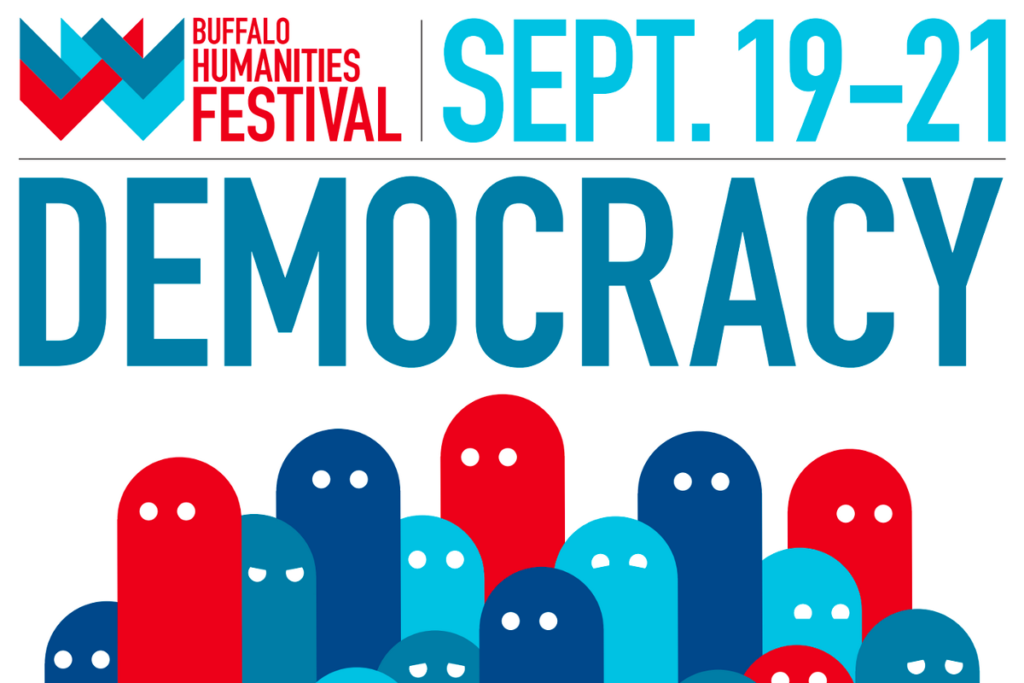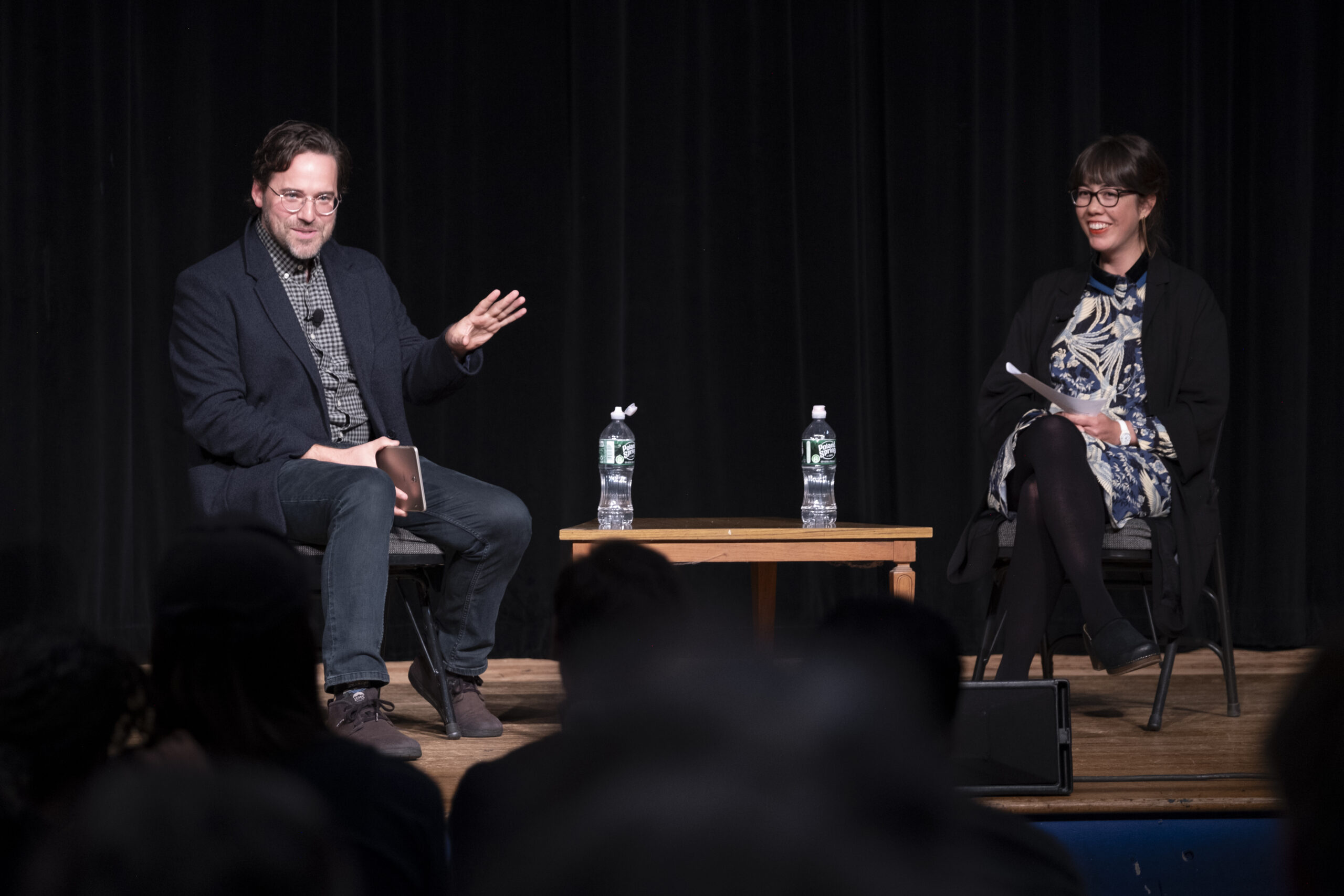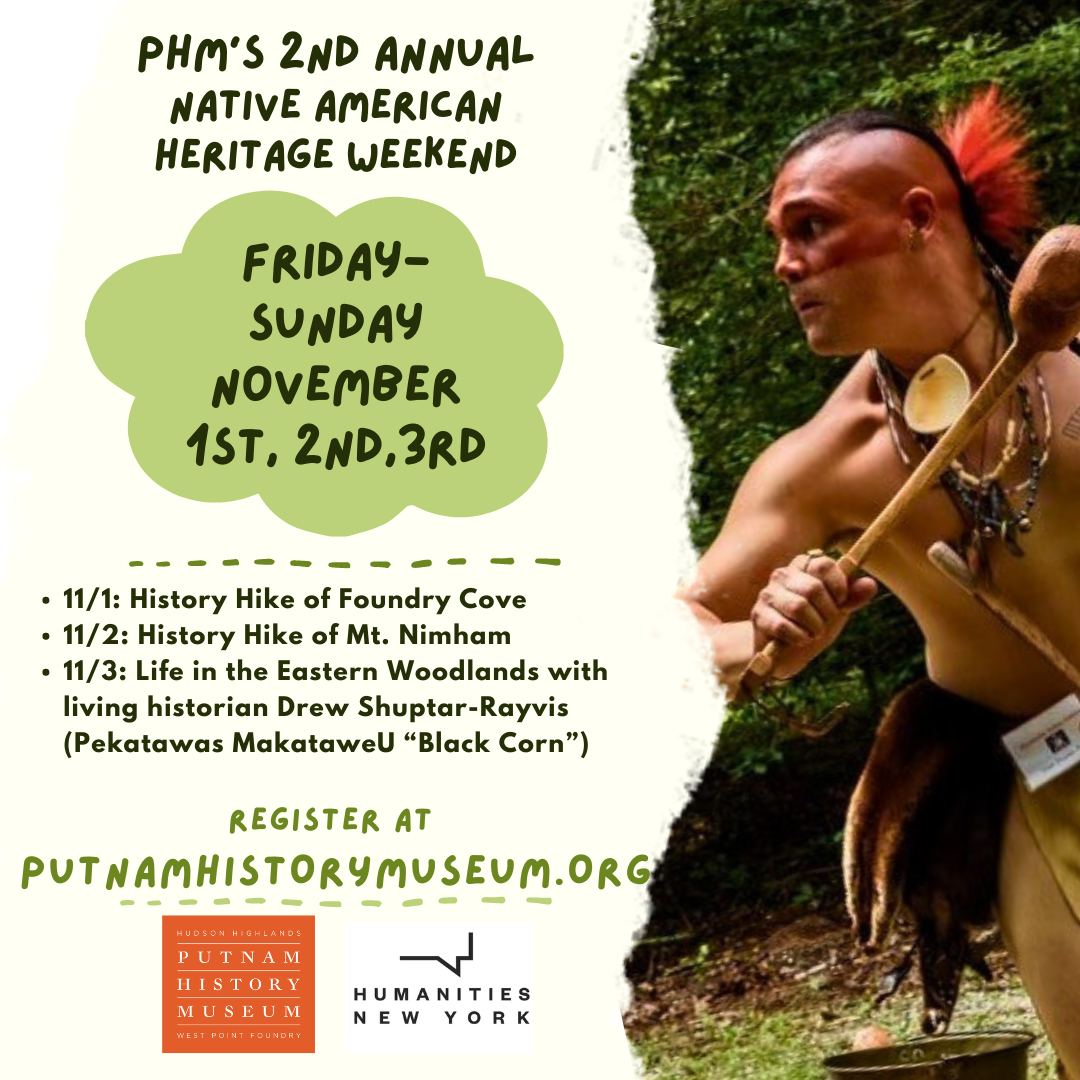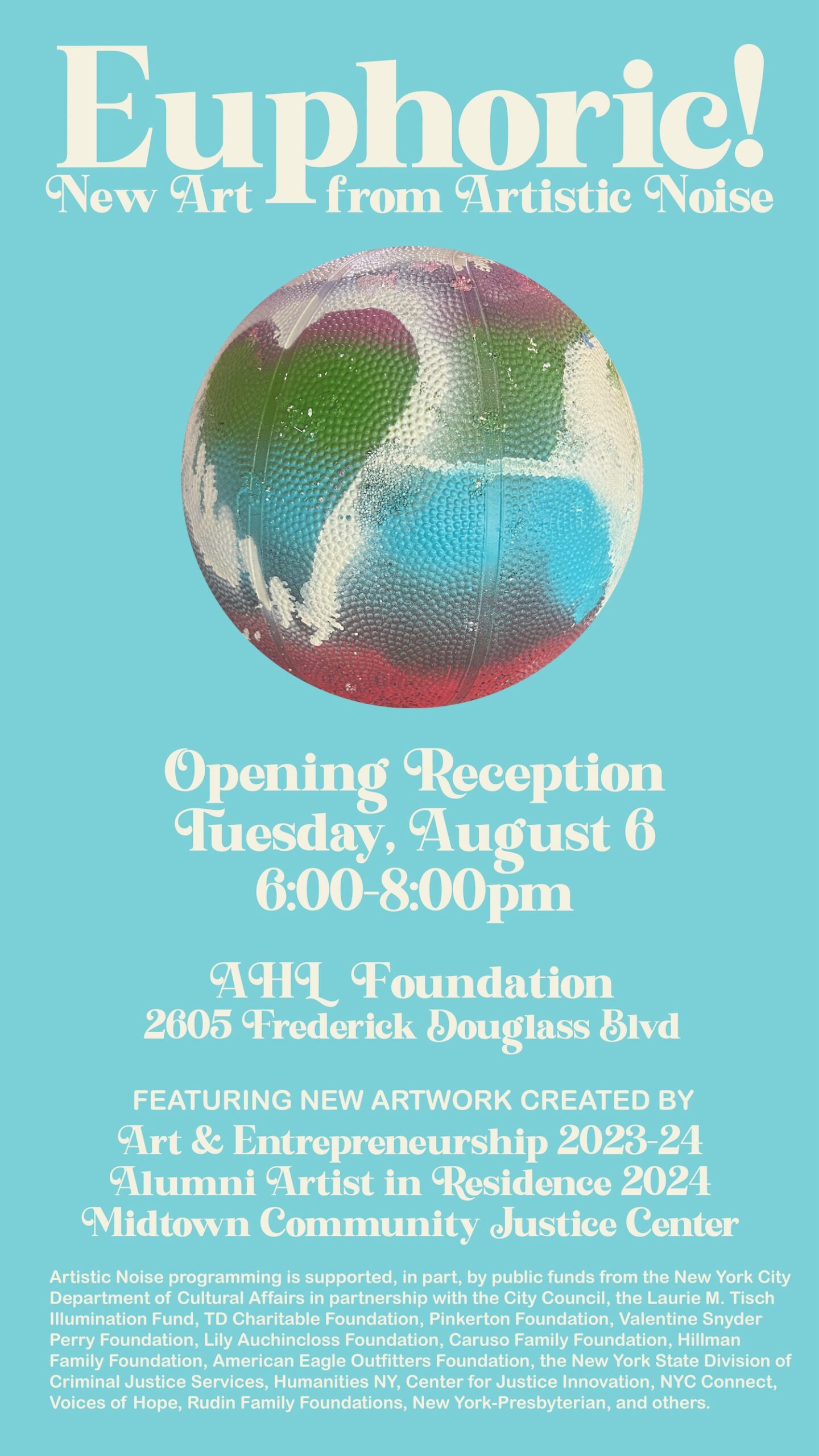The Buffalo Humanities Festival, now in its sixth year, is a public humanities project organized by the UB Humanities Institute in collaboration with other local and regional cultural institutions, including Buffalo State College, Canisius College, Niagara University, the Buffalo and Erie County Public Library, and Humanities New York, with the initial support of HNY, the Oishei Foundation, and the ongoing funding of the UB College of Arts and Sciences (CAS) and the UB Vice President for Research and Economic Development (OVPRED). In recent years, the Festival has been devoted to engaging the Buffalo community in critical conversations on the big challenges of our time, from climate change and environmental justice, to social, economic and racial inequalities, and the role that informational silos have played in accelerating the erosion of democracy around the world.
Humanities New York spoke with David Castillo, Director of the University at Buffalo Humanities Institute.
HNY: The Festival has grown from its first year; who attends, and how is it received now?
DC: The Festival is quickly becoming a premiere cultural event in Western New York, bringing together scholars from a wide range of disciplines and local institutions and community organizers, artists, activists and youth groups from all over the Buffalo community.
HNY: What’s the benefit of academic institutions creating and sustaining a large public humanities event?
DC: Collaboration. Since its inception, the Buffalo Humanities Festival has been able to transcend top-down models of public outreach, searching instead for collaborative and dialogic forms of community engagement. We have built ongoing collaborations with local activists, artists, performers and community organizers including members of the Western New York Environmental Alliance, the Massachusetts Avenue Project, Ujima Theatre, PUSH Buffalo, NYS Master Teachers, Squeaky Wheel Buffalo Youth Media Institute and the Partnership for the Public Good, among others. These collaborations have often taken the form of interactive panel discussions on pressing local and regional issues.
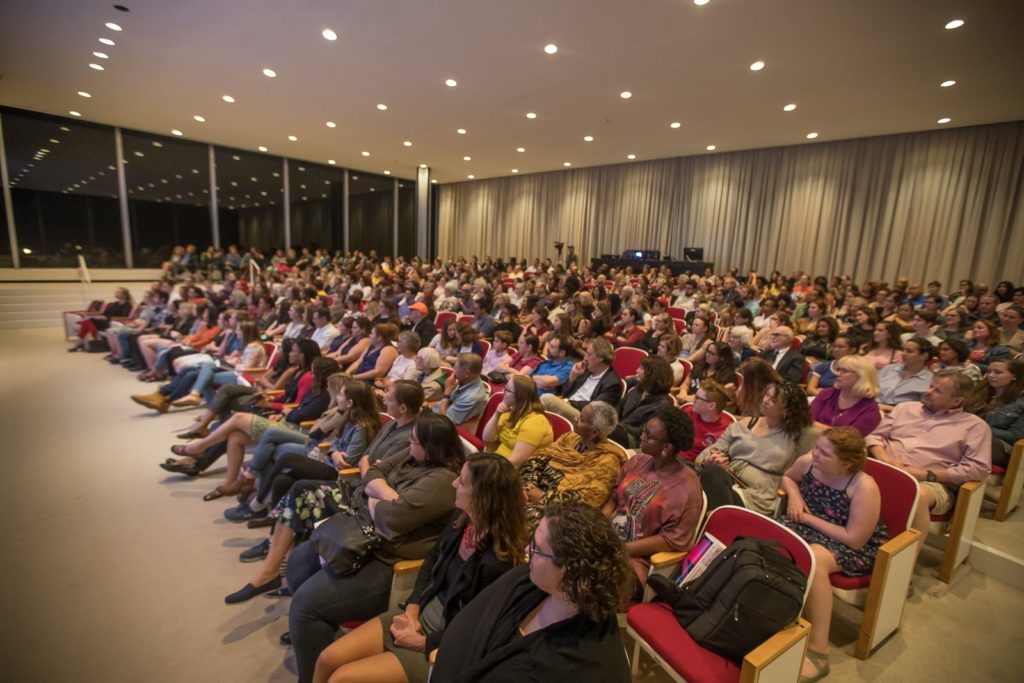
Recently, we held a panel discussion about the future of Buffalo-Niagara that introduced the Crossroads Collective, a group of ten non-profits that are answering the question “How can Buffalo-Niagara move from an extractive economy that treats people, places, and things as disposable to a regenerative and equitable economy?” The conversation about a “just transition” through art, organizing, research, and advocacy was something tangible for the community.
In 2017, before Greta Thunberg grabbed headlines, the theme was the environment. We had a workshop at the Buffalo Humanities Festival about including more youth perspectives, ideas, and leadership in protecting our environment, communities, and promoting a sustainable way of life. In this workshop, people had the opportunity to hear from organizations creating space for youth in the climate justice movements. Audience members were invited to engage in conversation on the opportunities and challenges of working alongside youth.
HNY: So even compared to festivals that might cover similar issues, such as an academic event or conference, the emphasis is on local involvement.
DC: Yes. I think the Buffalo Humanities Festival works because it is devoted to exploring pressing issues of public interest and on building sustainable bridges between academic and non-academic cultural and social players all over the Buffalo community. It’s not just focused on academics or artists or any particular group.
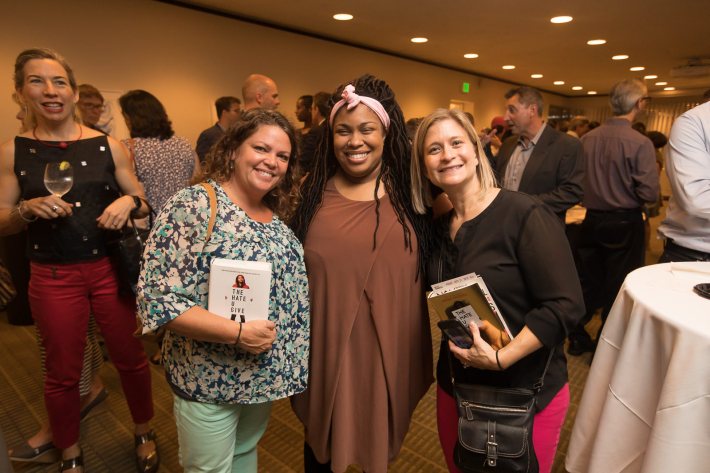
HNY: You mentioned the theme was “The Environment” in 2017, and this year it’s “Democracy.” How did the Festival decide on the selection of this theme? How do you see the themes interacting with each other?
DC: “Democracy” is a particularly timely and urgent theme. While the erosion of our civic and political institutions may be attributed, at least in part, to the rise of entrenched media silos, coming to grips with the current crisis of democracy and reclaiming a democratic future will require a sense of history, and a collective reinvestment in community conversations, humanistic education, dialectical inquiry, public ethics, and political imagination. We look to build on the Festival’s insights and connections from one year to the next as we work our way through multi-year plans of public humanities programming.
HNY: At Humanities New York, we feel that the humanities provide tools to help people understand the ways in which history and culture have defined what we think of as possible in a democracy. How do you see the public humanities – both the Festival but also generally – serving society?
DC: In the current social environment dominated by attention merchants who trade in misinformation and divisiveness, the humanities and the arts have a crucial role to play in helping our communities explore knowledge-based paths of collective awareness and restorative action. Yet, for the humanities to realize their full potential as “change agents,” they must reclaim their public (community-oriented) mission. After all, democracy is unsustainable (even unthinkable) in the absence of an informed, self-aware, and critical citizenship. No wonder dystopian fantasies are omnipresent these days. References to George Orwell’s 1984 have multiplied in political and media circles, even leading to annual screenings of Radford’s film adaptation. And what about Aldous Huxley’s Brave New World? Huxley’s nightmare warns us about a society built on the promise of unlimited and instant gratification inside which humanity has drowned in trivializing, stupefying, and addictive media-technologies. And of course there is Margaret Atwood’s vision of a totalitarian theocracy in The Handmaid’s Tale, now a hugely popular TV series. Her MaddAddam trilogy has achieved best-selling status as well. It is no accident that in these dystopian worlds, the beginning of the end is signaled by the decline of the humanities under the weight of an all-pervasive market society in a world ravaged by environmental devastation. Atwood may have said it best in a speech delivered at UB as part of the Humanities Institute event series Humanities to the Rescue: “[h]ere is a question that is at the core of the humanities[.] Where and how do we want to live? Is it in a society that strives to right ancient wrongs, to search for balance and equality, and to respect truth and fairness, or do we want to live in some other place in some other way? It will be up to you to decide that, to question values, to explore the nature of truth and fairness. It will be up to you to understand the stories and to create better ones.”
HNY: What are you most looking forward to at this year’s Festival?
DC: We are very excited to learn from the Thursday conversation on Democracy and the Legacy of Racism organized by Humanities New York. Ibram X. Kendi and Chenjerai Kumanyika are inspirational interlocutors. I am also looking forward to Matt Taibbi’s Friday talk on the subject of his new book Hate Inc.: Why Today’s Media Makes us Despise One Another, and to the Saturday discussion panels and performances, starting at 10:30am with a plenary news media panel focused on journalism and democracy. As with the classic academic humanities, investigative journalism is also under pressure in the age of media silos and 24-hour punditry. This panel discussion will encourage reflection and conversation on the role of the traditional investigative press, especially the local press, in healthy democratic communities. A series of parallel talks and panels will follow throughout the day, offering attendees a variety of paths to reflect on and discuss democracy through historical, political, artistic and legal explorations.
HNY: What’s next for the Buffalo Humanities Festival? How will the Festival evolve over the next few years?
DC: The theme for next year is “Utopia”. We envision it as an invitation to explore regenerative ways of thinking and action, both past and present, but also as a cautionary tale that someone’s utopia is often somebody else’s dystopia. The following year will be devoted to discussing “Life” in all its multifaceted forms, from vegetal and animal life to the opportunities and challenges of AI and the centrality of big data and machine learning to virtually every aspect of our daily existence. In the process, we hope to continue to spark meaningful and sustainable conversations and collaborations across the humanities and social sciences but also the so-called hard sciences, as well as local activists, artists, and entrepreneurs.
Learn more at buffalohumanities.org
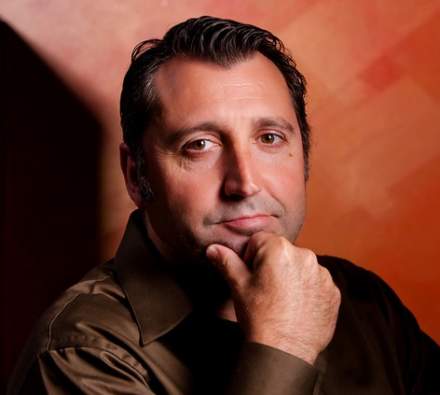
David R. Castillo is the UB Director of the Humanities Institute and Professor of Spanish in the Department of Romance Languages and Literatures, where he served as Chair between 2009 and 2015. He is the author of Awry Views: Anamorphosis, Cervantes, and the Early Picaresque (Purdue UP, 2001) and Baroque Horrors: Roots of the Fantastic in the Age of Curiosities (Michigan UP, 2010; paperback 2012) and co-author of Zombie Talk: Culture, History, Politics (Palgrave, 2016) and Medialogies: Reading Reality in the Age of Inflationary Media (Bloomsbury, 2016). Castillo has also co-edited Reason and Its Others: Italy, Spain, and the New World (Vanderbilt UP, 2006), Spectacle and Topophilia: Reading Early and Postmodern Hispanic Cultures (Vanderbilt UP, 2012), and Writing in the End Times (2019). He is currently working on a book project titled Alt-Realities.
